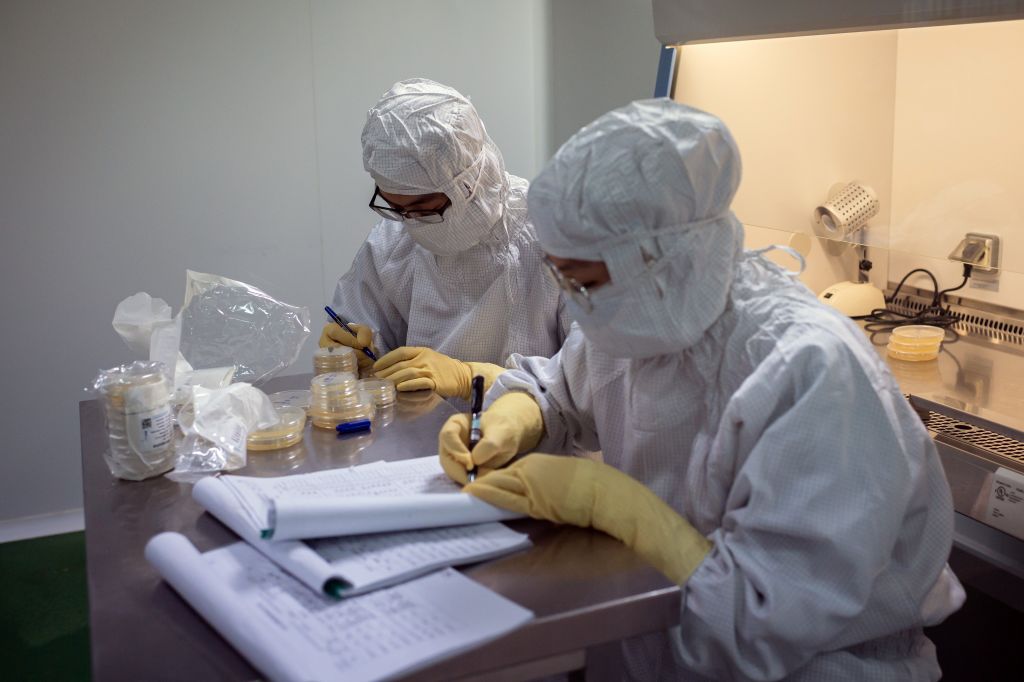Countries could ignore patents for coronavirus treatments, vaccines if unavailable internationally


A free daily email with the biggest news stories of the day – and the best features from TheWeek.com
You are now subscribed
Your newsletter sign-up was successful
While the leaders of several countries have called for a global, egalitarian approach to distributing a potential coronavirus vaccine or treatment, there's some concern that certain governments, including those in Washington, Beijing, and New Delhi, are intent on prioritizing domestic use, NBC News reports.
The U.S. Health and Human Services Department expressed such a sentiment in a March statement, while an op-ed in China's state-run newspaper The Global Times said "China has to be by itself in this crucial field." Billionaire Cyrus Poonawalla, the owner of the Serum Institute of India — the world's largest vaccine producer by volume — has said the majority of a coronavirus vaccine "would have to go to our countrymen before it goes abroad."
There's probably not a lot other countries can do about it, per NBC News. But Søren Holm, a professor of bioethics at the University of Manchester, said governments might be willing to take some desperate measures to produce treatments or a vaccine if the country is on the brink of collapse. One possibility is ignoring patents covering drugs and to begin manufacturing them without consent. South Africa made that choice with HIV/AIDS medicine in the 1990s, and drug companies eventually licensed the medication at a lower price. "It showed that these type of threats tend to work," Holm said. Read more at NBC News.
The Week
Escape your echo chamber. Get the facts behind the news, plus analysis from multiple perspectives.

Sign up for The Week's Free Newsletters
From our morning news briefing to a weekly Good News Newsletter, get the best of The Week delivered directly to your inbox.
From our morning news briefing to a weekly Good News Newsletter, get the best of The Week delivered directly to your inbox.
A free daily email with the biggest news stories of the day – and the best features from TheWeek.com
Tim is a staff writer at The Week and has contributed to Bedford and Bowery and The New York Transatlantic. He is a graduate of Occidental College and NYU's journalism school. Tim enjoys writing about baseball, Europe, and extinct megafauna. He lives in New York City.
